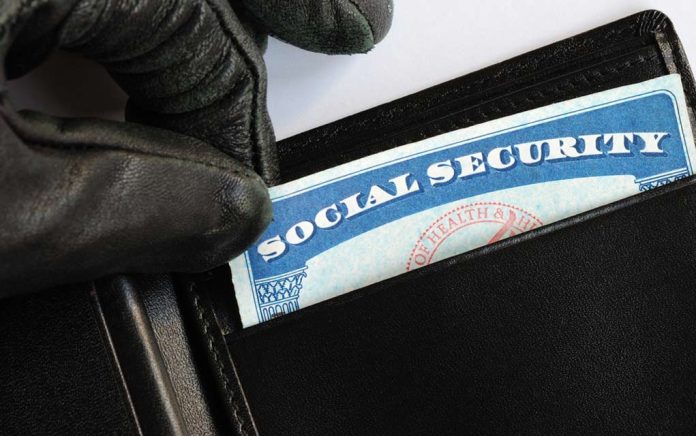
(ConservativeInsider.org) – Millions of Americans unwittingly divulge personal information every day for the sake of convenience. A person’s digital footprint increases each time they open an online account, download an app, or posts personal information on a social media platform.
Identity theft occurs when an individual uses your personal information to commit financial fraud. For instance, a person who stole your identity might use it to make purchases, obtain loans, open new accounts, or get tax refunds.
It Happens — Often
The incidence of identity theft is widespread, with more than 650,000 cases reported in the United States in 2019. A majority of those occur digitally, with about 56% occurring through breaches on websites, computers, and databases.
Warning signs of identity theft may include:
- Unknown bank account withdrawals;
- Receiving bills or credit card statements for items you didn’t purchase;
- Calls from debt collectors for accounts you never opened;
- Regular bills quit coming to your address.
Identity theft can damage your credit scores, cost you time and money, and create a tax liability. Prevention is your best first course of action.
Protecting Yourself Against Identity Theft
Completely shielding sensitive information is next to impossible. There are some things you can do to minimize the chances of someone stealing your identity.
Below are a few simple steps to take to protect yourself:
- Make sure you read your bank and credit card statements each month.
- Don’t share personal information on social media platforms like your date of birth, the year you graduated, or financial information.
- Never give anyone credit card information over the telephone unless you placed the call and know the business or individual requesting it.
- Obtain your credit report annually and check it for any unexplained accounts and transactions.
- Shred any documents containing financial or personal information before placing them in the garbage.
- Create random passwords that don’t contain names, places, or terms associated with you like birthdays or anniversary dates.
- Never keep your Social Security card in your purse or wallet. Always keep it in a secure place.
Unfortunately, no one is entirely immune to identity theft. If you think you are a victim, the Federal Trade Commission (FTC) has online information to help you report identity theft and recover from it at IdentityTheft.gov.
Copyright 2020, ConservativeInsider.org




